Trump puts America back in Asia
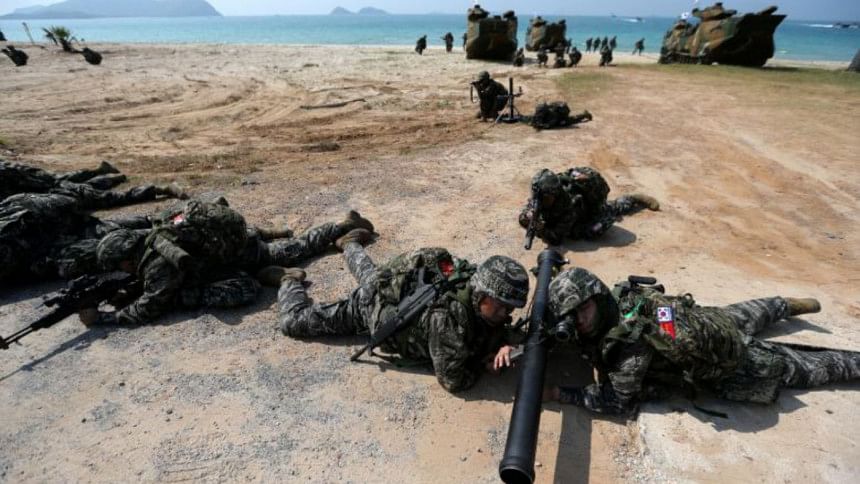
The 37th annual Cobra Gold military exercise among 29 nations, now under way in Thailand, reflects the United States' nuanced geostrategic playbook under the Trump administration.
It was thought in many quarters that the administration of US President Donald Trump would take an isolationist turn and be aloof from Asian affairs, given its "America First" mantra. But this has not been the case after its first year in office.
Indeed, the Trump administration is putting America back in Asia's power equation in a counter-intuitive fashion.
Southeast Asia, in particular, should encourage this Trump turn to Asia in favour of a more balanced neighbourhood, less dominated by and less beholden to China.
In Cobra Gold's current iteration, the US has raised the number of military personnel to 6,800, nearly double the figure in 2015–2017.
The smaller US military presence in Asia's largest military exercise in recent years largely stemmed from Thailand's military coup in May 2014. Trump's predecessor, Barack Obama, imposed a range of sanctions against Thailand's military regime, including a ban on high-level official visits as well as reduced participation in Cobra Gold operations.
It has taken Trump a year to reboot the US contribution to Cobra Gold, which is designed to boost interoperability of the US armed forces and their counterparts among allies and partners.
Interests over values
The Trump administration has made it clear that its geopolitical strategy privileges interests over values. As a result, Thailand's military government has more latitude in its dealings with Washington. Trump, in fact, hosted Thai Prime Minister and coup leader Prayuth Chan-o-cha at the White House last October. Philippine President Rodrigo Duterte, another leader seen as of an authoritarian bent, also received more attention from Trump.
Beyond a willingness to engage with Southeast Asian leaders of different stripes, the Trump administration has, for guidance, a broader geopolitical game plan centred on the Indo-Pacific, which Trump has trumpeted as a major global arena of contest and cooperation.
At this year's Cobra Gold, South Korean troops were given a front and centre role in mock beach-landing exercises, in view of persistent tensions on the Korean peninsula. Trump has repeatedly pointed to North Korea as America's most existential threat.
And while he talked up Chinese President Xi Jinping as a "very special man" during the Asean-led summit season last November, the US National Security Strategy (NSS) announced a month later flagged both China and Russia as "rival powers" that aim to "challenge American power, influence, and interests".
The NSS was reinforced by the US' latest National Defence Strategy, which posits "inter-state strategic competition, not terrorism" as the "primary concern in US national security".
After a year in office, the Trump administration, which includes more former top brass compared with recent US Cabinets, has come up with an Indo-Pacific geostrategic framework that prioritises US interests on a transactional basis when it can do so, but also relies on regional platforms when it has to.
This outlook is evident in Trump's dealings on trade and investment, with the US being hard-nosed in seeking to redress trade imbalances, even with friendly countries such as South Korea and Thailand.
China's growing dominance
At the same time, Trump himself has not abandoned broader vehicles of cooperation and dialogue, such as the recent Asean-US summit and leaders' meetings at the Asia-Pacific Economic Cooperation forum and the East Asia Summit.
The Trump geostrategic reorientation has ironically been more assertive than Obama's much publicised "pivot" and "rebalance".
Widely respected for his intellect, integrity and internationalism, Obama had staunchly supported the rules-based liberal global order that was constructed more than seven decades ago. Yet during the Obama years, Southeast Asia can be said to have been "lost" to China.
From 2012, China took over a string of artificial islands, building military installations and other assets on them. Despite a 2016 arbitral tribunal ruling that went against its actions, one that was backed by provisions in the United Nations Convention on the Law of the Sea, Beijing has kept what it took.
In mainland Southeast Asia, China has built a chain of dams in the upper reaches of the Mekong River to the detriment of downstream communities in Cambodia and Vietnam in disregard of the Mekong River Commission, a sub-regional body tasked with overseeing river management.
China insists on its own framework, known as the Lancang-Mekong Cooperation, which held its second summit meeting last month.
Regional responses to China's disregard for competing claims and interests have been tepid in the absence of a major counterweight. China was able to build its weaponised islets in the South China Sea and upstream Mekong dams fairly uncontested despite complaints from the Philippines and Vietnam.
With the US more visibly back in the mix, these regional dynamics are likely to shift again. This time, in the contest with China, the Trump administration will have greater geopolitical space to manoeuvre because it is not fixated on human rights and democracy, as was the case with Obama's presidency.
New regional balance?
While Trump is seen as a deeply polarising leader at home, the picture is rather more mixed and harder to pin down in Asia.
He brings a different kind of carrot-and-stick approach, and is able to match China's penchant for transactional deal-making.
He is certainly commercially focused in living up to the "America First" pledge to his voter base. But he is also equally inclined to rebuild America's military presence abroad, rather than withdraw into isolation.
When Obama's Secretary of State Hillary Clinton declared in Bangkok in July 2009 that "the United States is back," it was meant to be a return to the region, breaking away from the neglect of Southeast Asia that characterised the preceding administration of George W Bush.
But despite good intentions and much rhetorical flourish, the Obama pivot did not go very far. The Trump administration has not announced any sort of being "back", but the results on the ground are going in that direction, to the benefit of a new geopolitical balance in the region.
Thitinan Pongsudhirak teaches international political economy and directs the Institute of Security and International Studies at Chulalongkorn University in Bangkok.
Copyright: The Straits Times/ANN

 For all latest news, follow The Daily Star's Google News channel.
For all latest news, follow The Daily Star's Google News channel. 

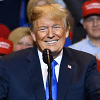

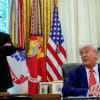

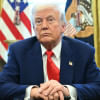

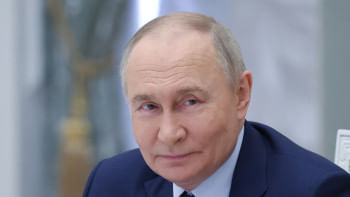
Comments